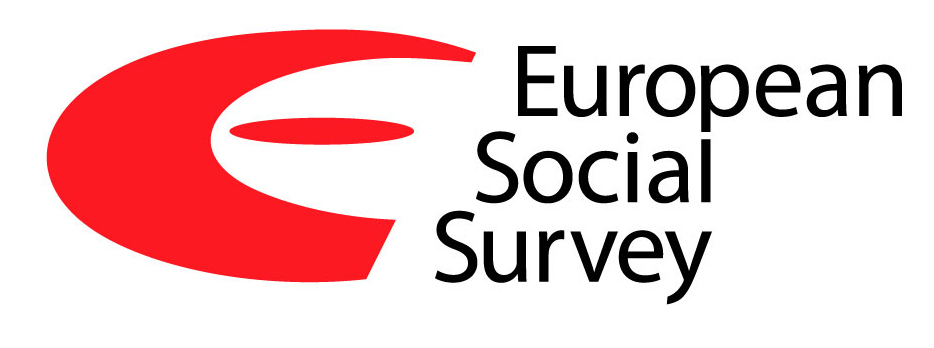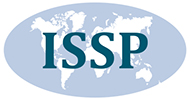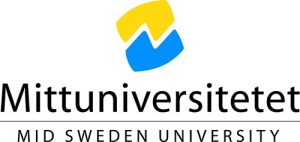Surveys
Both national infrastructures, as well as Swedish nodes in international research infrastructures, are part of CORS and cover some of the largest surveybased research programs in Sweden. Many of these surveys allow for valuable comparisons between Sweden and other countries. Almost all of the data and documentation from the different surveys can be accessed and downloaded for free.

The European Social Survey (ESS) is an academically driven cross-national survey that has collected and distributed micro data biannually since 2002. The survey is administered every two years and measures the attitudes, beliefs, and behaviour patterns of diverse populations in more than 30 different countries.

The European Values Study (EVS) is a large-scale, cross-national and longitudinal survey research program on basic human values. The survey covers broad topics within the social sciences such as family, life, work, religion, politics, environment and society, among other things. It provides insights into the ideas, beliefs, preferences, attitudes, values, and opinions of citizens all over Europe.

The International Social Survey Programme (ISSP) is a cross-national collaboration programme conducting annual surveys on diverse topics relevant to the social sciences. The survey programme was established in 1984 by its founding members Australia, Germany, Great Britain and the United States. Since then, the ISSP has included members covering various cultures around the world. The questions in the survey are adapted to meet societal changes concerning for example; family and gender, social networks, work, environment, health, politics and sport and leisure.

The Swedish citizen panel is located at the SOM-Institute at the University of Gothenburg. It is a highly effective and available research infrastructure for collecting panel data and it allows researchers and organizations to direct research questions towards 75 000 active panel participants.

The Survey of Health, Ageing and Retirement in Europe (SHARE) is a multidisciplinary and cross-national research infrastructure for studying the effects of health, social, economic and environmental policies over the life-course of of European citizens and beyond. Since the beginning of SHARE in 2004 more than 140 000 individuals aged 50 or older have been interviewed. SHARE covers 28 European countries and Israel.
SHARE aims at deepening the understanding of the consequences of an ageing population. The survey focuses on labour force participation, social and economic conditions, family network and health among other things.
The Swedish National Election Studies Program (SNES) was established in 1954 and is today a high profile network of researchers at the Department of Political Science in Gothenburg.
The Program serves as a collaborative platform for Swedish and international scholars interested in studies of electoral democracy, representative democracy, opinion formation, and voting behavior.


